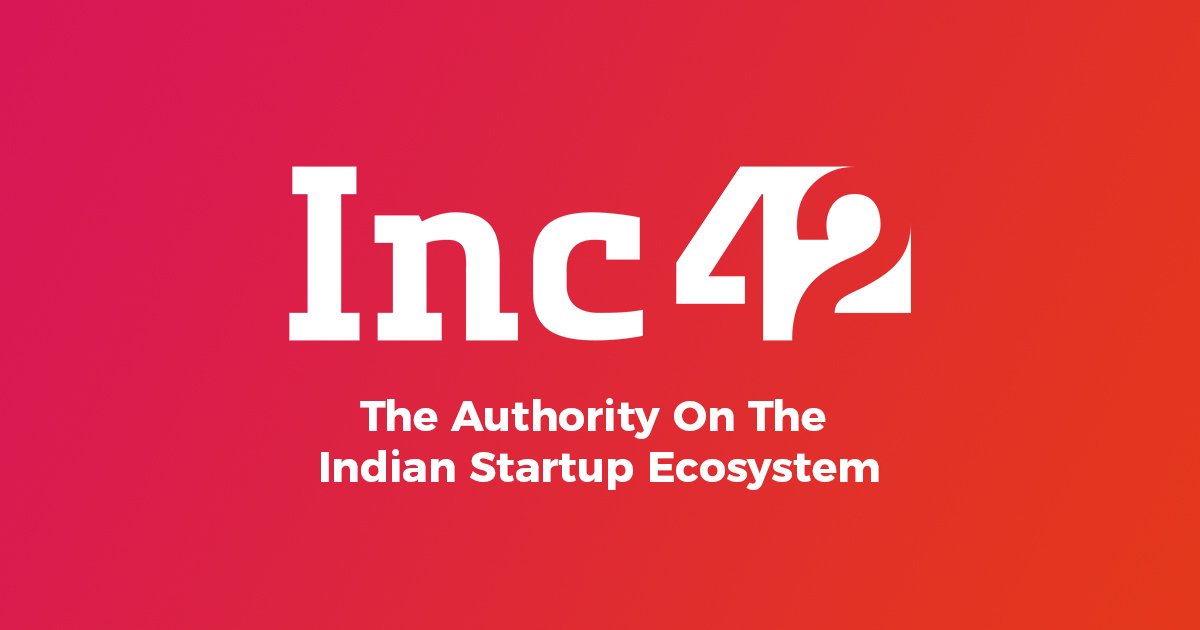The Ministry of Electronics and IT (MeitY) is reportedly set to bring regulations around “deliberate” misinformation and doxxing and they would be considered offences under the new Digital India Act, which is expected to replace the Information Technology (IT) Act, 2000.
A senior government official aware of the matter told The India Express that the new legislation would focus on “user harms” specific to the online world, which have significantly “diversified” since the last amendment of the IT Act in 2008.
“For instance, currently under Indian laws, online misinformation is not illegal…The Indian Penal Code (IPC) looks at misinformation from the lens of defamation. Beyond that, there is no adjudication on deliberate attempts at misinformation and the ministry is having a discussion to include it as an offence under the new Act,” the person was quoted as saying.
“Deliberate online misinformation has to be separated from defamation, which is a very different kind of an offence,” he reportedly added.
The Indian IT landscape is witnessing multiple transformations – from the proposed amendments to the IT Rules (Intermediary Guidelines and Digital Media Ethics Code), 2021 to introduction of new directives for Virtual Private Network (VPN) providers.
The official’s comments also made it clear that the social media platforms, especially the likes of Twitter, YouTube, and Meta, are receiving heightened government focus.
“Today, people who use social media have become sophisticated, as have the platforms themselves. Often, their algorithms are designed in a way that they amplify certain types of content that end up helping people who want to deliberately spread misinformation. That has to be tackled,” the report quoted the official as saying. “There is clear evidence globally of concerted efforts at running misinformation campaigns on social media with an aim to influence elections, for instance.”
The new law might also have provisions to ensure net neutrality, data privacy, and algorithmic accountability of the foreign social media giants.
Interestingly, Twitter recently took the Indian government to the court seeking to overturn some of its content takedown orders after the latter warned the social media platform to comply fully with the IT Rules, 2021 or risk losing its intermediary status. Moreover, the government has been sending notices to Twitter to block several URLs containing political and journalistic content.
Earlier, the IT ministry’s draft amendments to the IT Rules had also received repeated criticism from legal experts across the country. However, despite such criticism and concerns, the government has refused to budge.
The report said that doxxing could also be considered an offence under the new Digital India Act.
Doxxing is the act of revealing identifiable private information including address, real names, contact number, and more, about someone in the public, without any due consent of the person.
“From the common trend of trolling on social media, we are now seeing increasing instances of people getting doxxed and the new Act will cover it,” the official was also quoted as saying.
The government’s plans for a new Digital India Act, to replace the old IT Act, became clearer earlier this year after Minister of State for Electronics and IT Rajeev Chandrasekhar, at a NASSCOM conference, said, “A new digital law that takes into account aspects like citizens’ right to privacy, is needed to keep pace with the time.” The new Act might also consider regulating emerging technologies such as blockchain and artificial intelligence.
As per the publication, the ministry has prepared a draft layout of the new legislation but a timeline to finalise the law hasn’t been decided yet.
At an open house discussion around the IT Rules, 2021 amendment, Chandrasekhar said last month, “Where we are today is in my opinion a mezzanine stage of where we are in the evolution of our jurisprudence, rules and laws. Very soon we will have an absolutely contemporary law and Act, which will take care of a lot of these issues.”
“IT Act is a 22-year-old Act and, therefore we are bolting on, retrofitting, band-aiding to get to a safer internet, and we need a new contemporary law and we are working on that,” he added.










